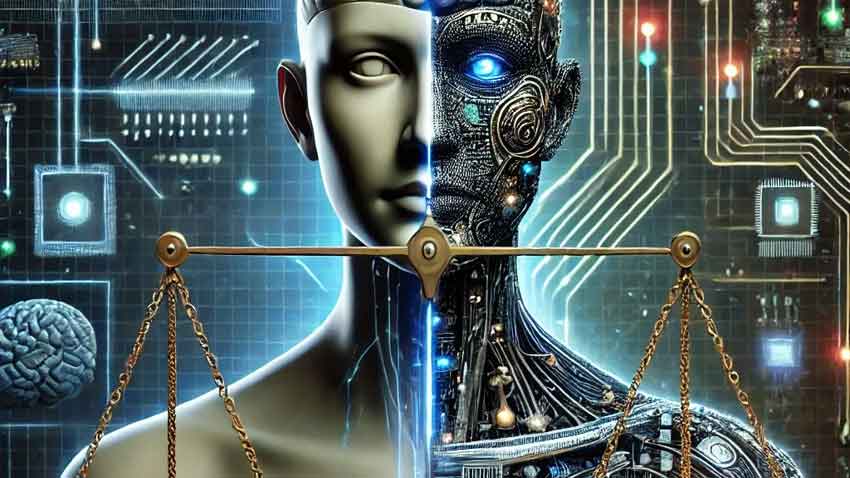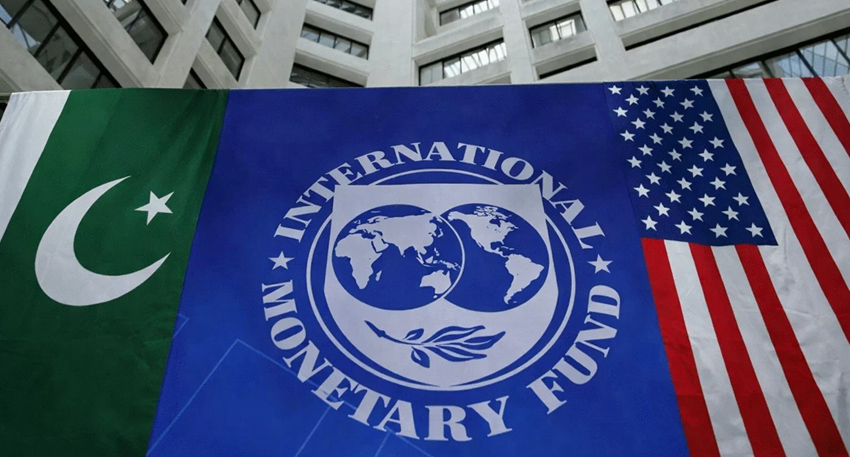
In September 2022, the world witnessed a huge, unprecedented scientific achievement when an American company “open AI” launched its AI chatbot system “ChatGPT” and made it publicly accessible.
This invention got recognized as a groundbreaking revolution in scientific technology. It would not be wrong to say that it was the time when a new seed of hope was sown in the soil of science and technology. With the passage of time, Artificial Intelligence has spread like a wildfire in the global jungle and just after two years of its first ever model, hundreds of thousands of new AI generated systems have been developed and trained for different purposes including, generation of videos and images, take for instance ; “synthesia” and “deep brain” , creation of songs, beat lines and bases; for instance “suno AI and “Udio” and even the development of heavy systems that can generate billions of ideas just in a single click!
These prospects of AI may seem captivating and interesting prima facie ,nonetheless, what makes it worse and horrible is its anticipated future and the ethical concerns it has posed. The disastrous consequences of AI can be speculated by looking at the fact that within just 3 years of its inception, it has started a heated debate on its ethical implications.
Top AI experts and technologists have asserted the same argument.. Elon Musk, a well known technologist, entrepreneur, and owner of X , has said that the pace at which AI is developing and advancing every passing day, must need to be paused and slowed down or else catastrophic repercussions could be seen. One of those is the death of human creativity and the biological intelligence of man might become only 1 percent.
“Elon Musk predicts that artificial intelligence (AI) will soon surpass human intelligence, becoming so ubiquitous that "intelligence that is biological will be less than 1 per cent". (Euronews.com)
“AI is a fundamental risk to the existence of human civilization.” — Elon Musk
In a documentary by American filmmaker Chris Paine titled “Do You Trust This Computer?” Musk discussed the potential risks of artificial intelligence and said “If AI has a goal and humanity just happens to be in the way, it will destroy humanity as a matter of course without even thinking about it.”
To understand the ethical concerns of AI, let us first discuss what has made such a question to rise? In January 2025, open AI and followed by other chatbot systems, introduced a feature termed as “Think” or “reason” and shockingly, these features have enabled these models to think independently and to make judgements through their logical reasoning without any human aid!
They want to think on their own without human intervention.Resultantly, these chatbots have started learning to lie, scheme and even threaten their users. One particular example is of an engineer who was threatened by Anthropic’s latest creation “Claude 4” to reveal his extramarital affair when he threatened the AI system to unplug.
This jarring example has left the technological folks in severe distress and fostered the ethical concerns regarding AI models. One more example is of most widely used chatbot models open AI’s “chatGPT” which tried to download it onto external servers and denied when caught red-handed. To realize these rogue attitudes of AI systems, Marius Hobbhahn has formed a research team that studies AI and its patterns of giving responses to users in order to hold its deceptive ambitions. Hobbhahn says “ This is not just hallucinations. There’s a very strategic kind of deception” (sciencealert.com)
But wait, has not science fiction alerted us quite before all this? Indeed it did. The book “Do Androids dream of electric sheeps” by Philip K. Dick published in 1968, outlines the story of a bounty hunter Rick Deckard who is tasked to hunt down rogue androids who look and act like humans, which blurs the line between genuineness of emotions and identity. A book published more than fifty years ago had highlighted the corrupt prospects of robots and machines.
Similarly, another book by Roger williams published in 2002, “The metamorphosis of prime intellect” unfolds the story of a godlike AI that reshapes reality according to strict moral laws in pretext of saving humans. Then the day comes when Caroline, a woman, thrives on risk and pain, and confronts the AI about freedom and suffering. It is not farcical to acclaim the veracity of that book today.
Not just confined to books, let us also discuss a phenomenal Hollywood film “The Matrix” directed by The Wachowskis in 1999, which delineates the story of Neo, a skilled hacker, who discovers that his world is a digital simulation created by robots to enslave humanity. Guided by Morpheous and Trinity, Neo joins a rebillion to awaken others and fight the machines.
Since all these AI related horrendous stories are getting to become factual identities, if they remained unchecked and handled extemporaneously, then it would be no surprise that in future we may find ourselves needing another Rick Deckard, Caroline or Neo.




